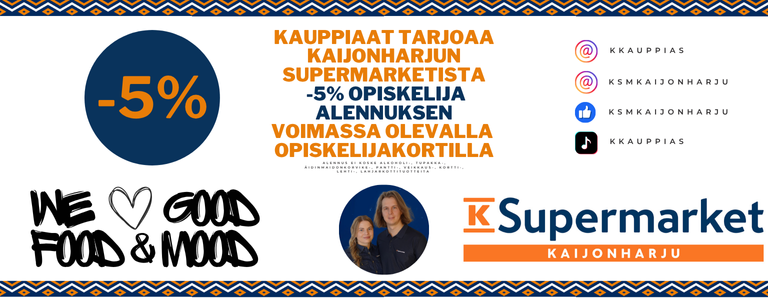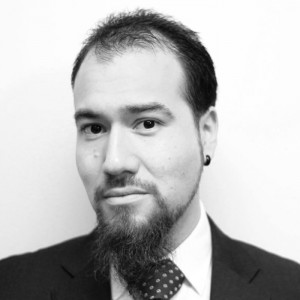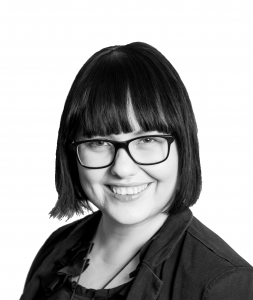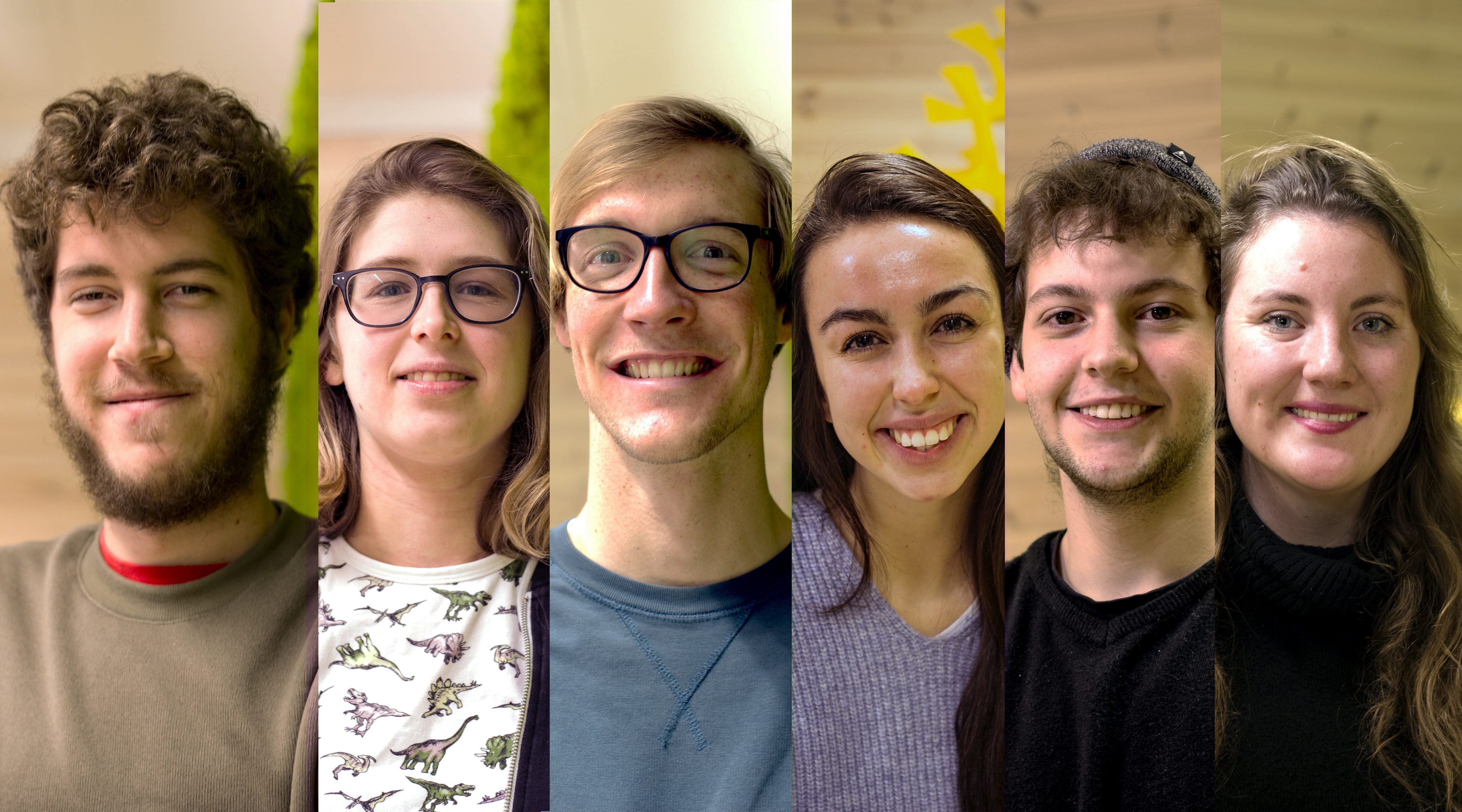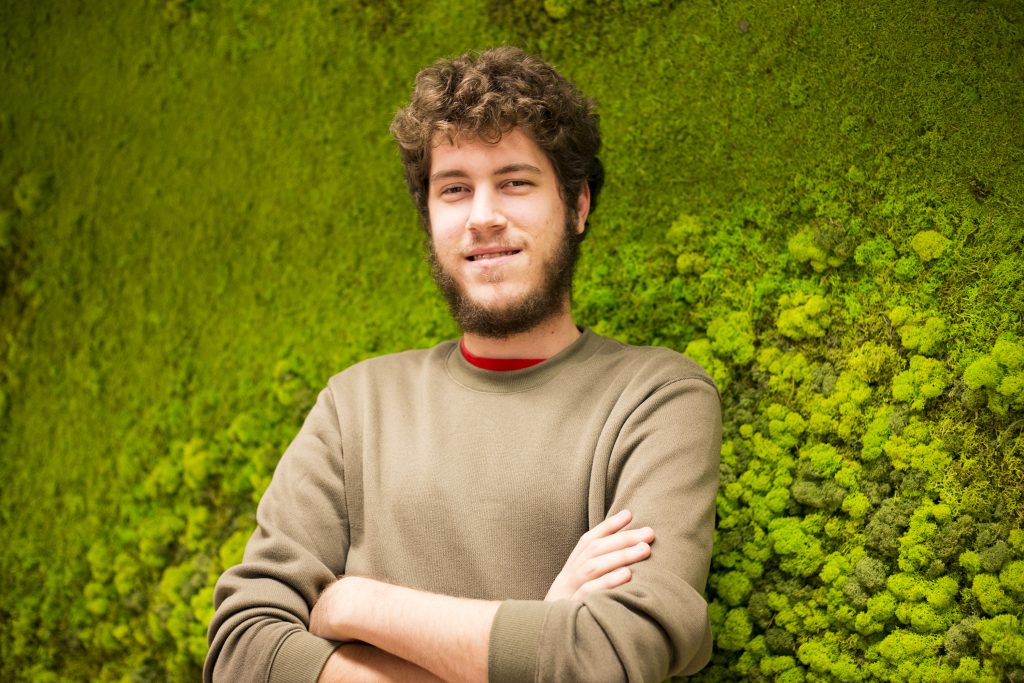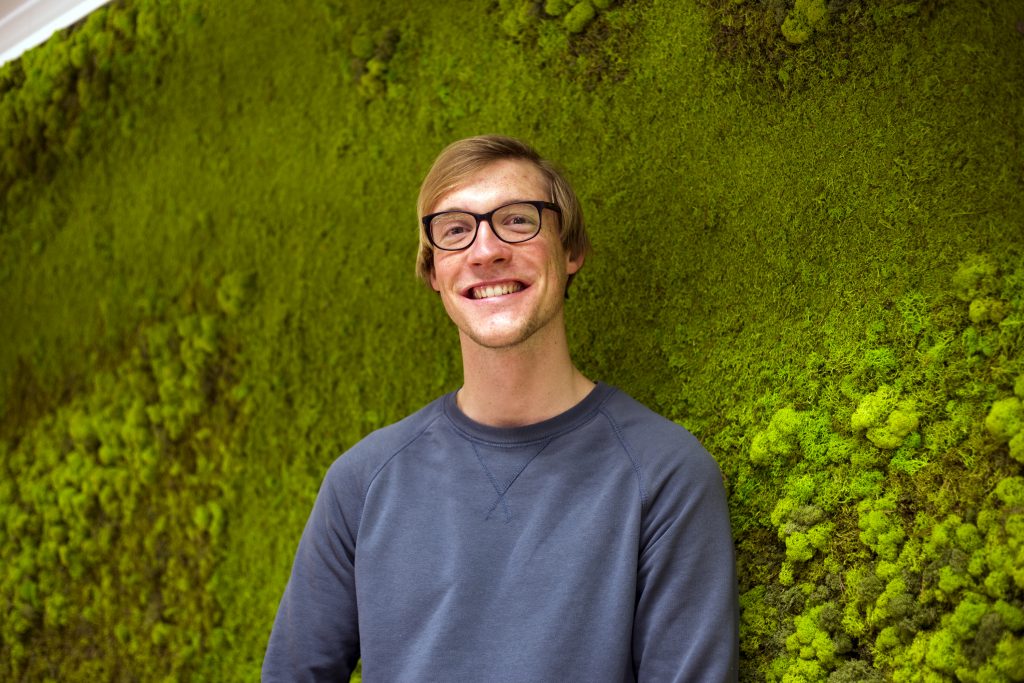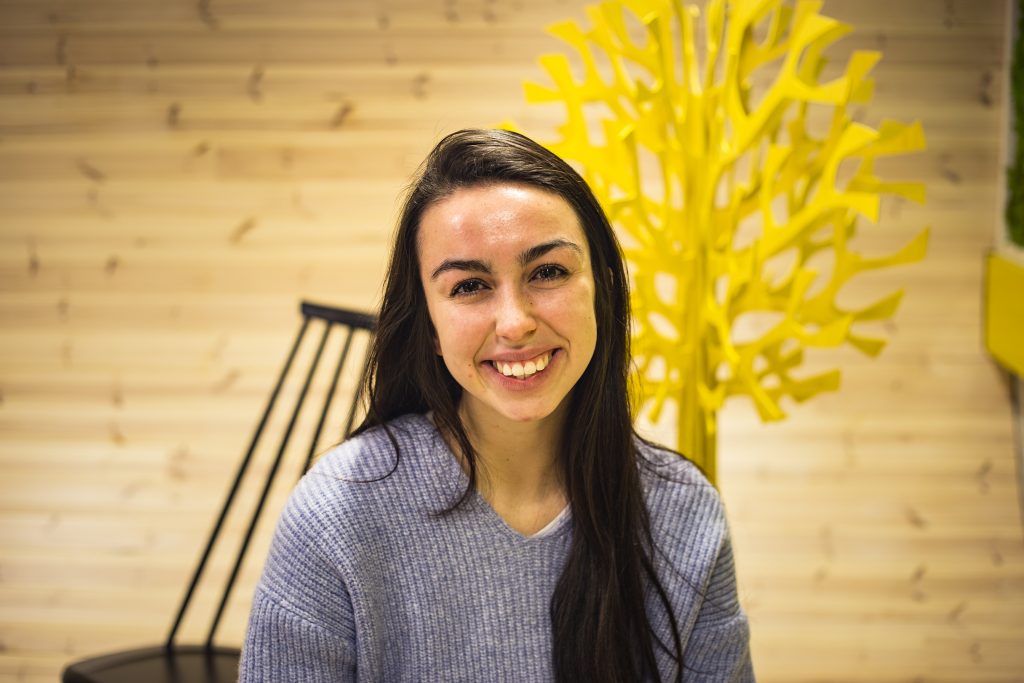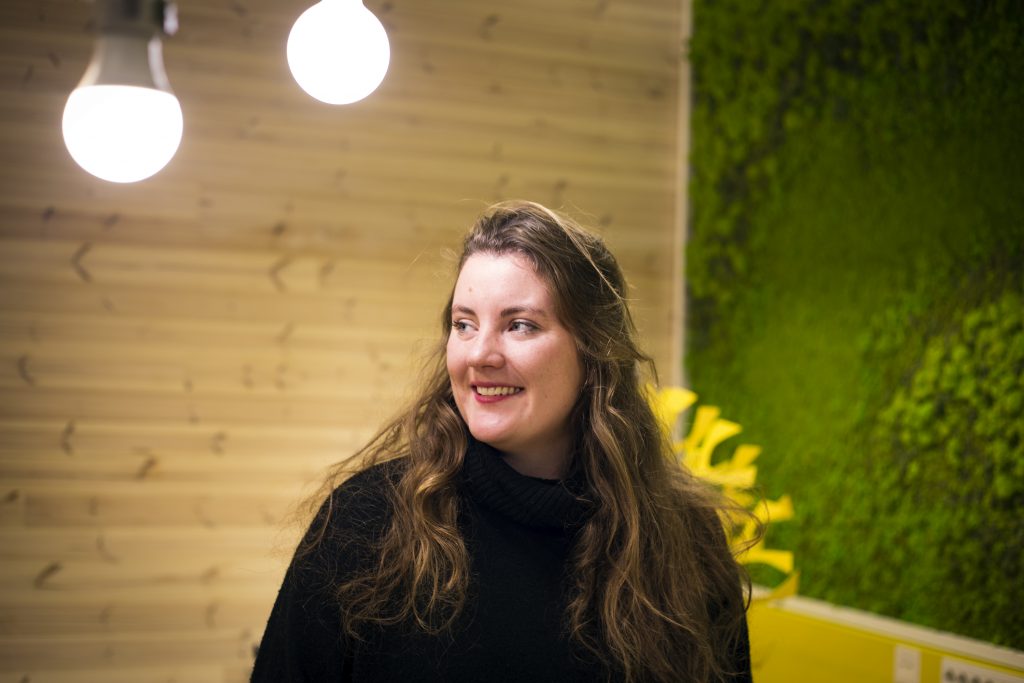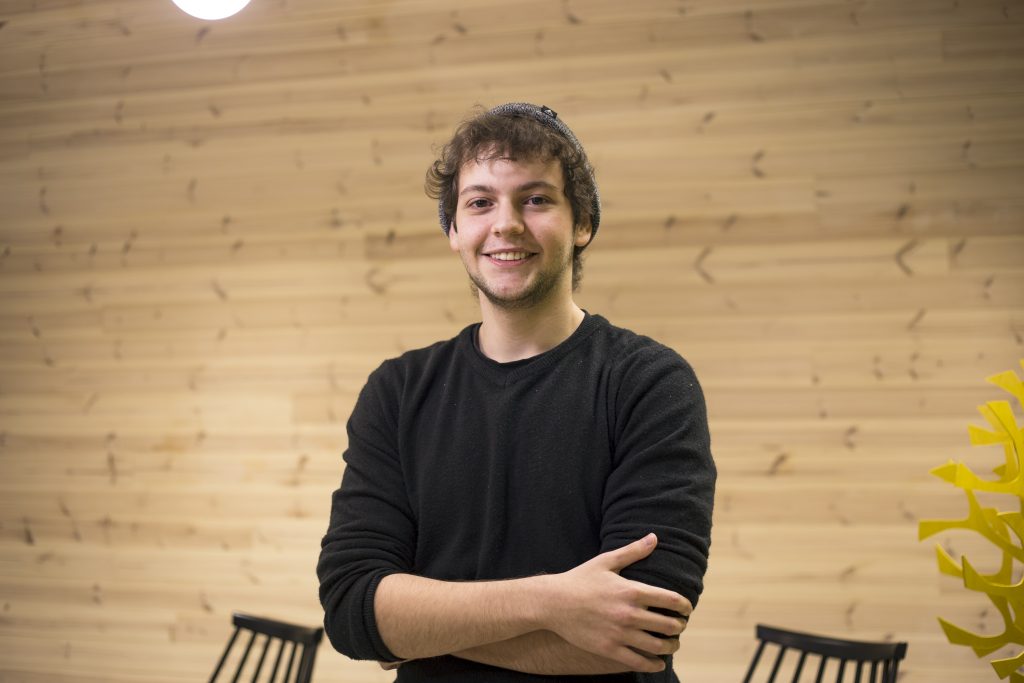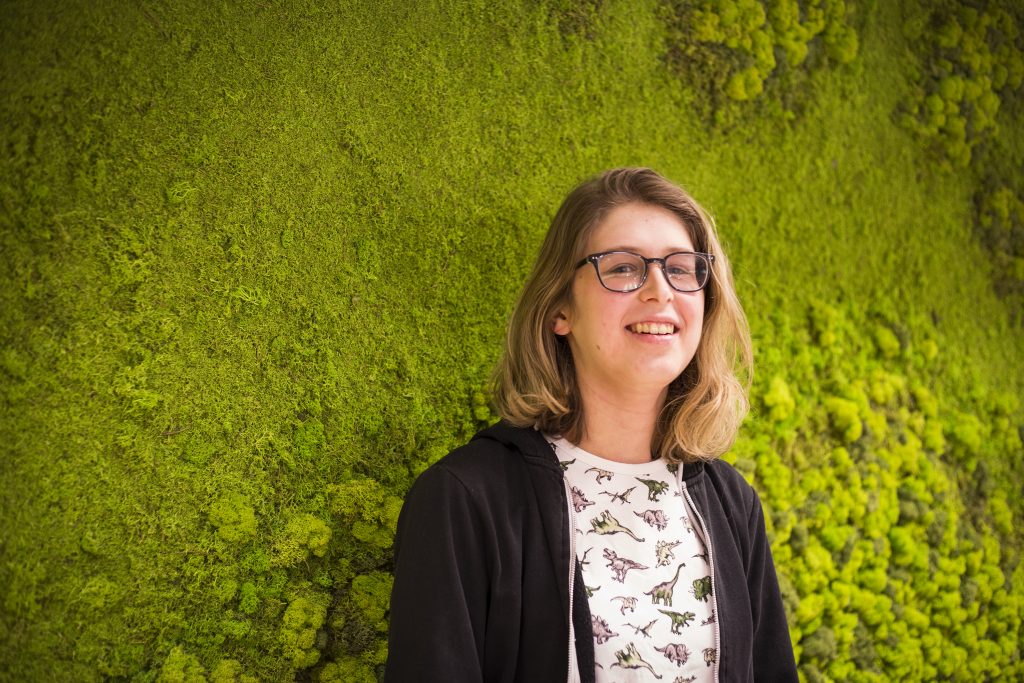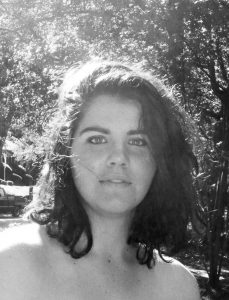In Finnish.
The results of the cooperation negotiations concerning two research units at the University of Oulu were publicized on Wednesday the 3rd of April after rector Jouko Niinimäki made a decision on the matter.
The Faculty of Education will experience a maximum of 5 layoffs in total in teaching staff of music education, music, music performance and singing. In the beginning of the negotiations the needed layoffs were estimated at six people.
The astronomy research unit in the Faculty of Science will not have any layoffs, but astronomy will no longer be offered as a major subject.
According to the University, astronomy will be offered as a minor subject at the University of Oulu in the future. In their press release the University also states that through co-operation with other universities it will still be possible to take astronomy as a major subject as well as complete doctoral studies in astronomy at the University of Oulu.
The University of Oulu states that supportive measures will be offered to those laid off for finding employment and further training.
“The final amount [of layoffs] will become more accurate. As an employer we are obligated to re-employ and re-train. We will see if we could possibly place these people in other tasks at the university”, Jarmo Okkonen, the Human Resources Director said to the magazine.
There are currently 14 employees involved in teaching music pedagogy, music, music performance and singing. According to the University the job descriptions will be condensed down to nine positions. In addition, a professorship in music education is currently being filled.
As a result of the negotiations a total of nine positions will be re-opened for application. Two lecturers will be directly moved to new tasks, as they are currently covering the same tasks and these tasks will not be cut down.
The positions opening for applications are three music teachers (guitar, piano and piano accompaniment) as well as four singing teachers’ positions, where didactics and theory are taught.
“When the number of positions will be cut, new positions will open for applications. The applicants will be interviewed and we will go through a normal application process”, Okkonen says.
More paired and group work in musical education
The reasons for changes in musical education are the high cost of the education and the small amount of graduates.
What does this mean for students?
According to the University’s press release the music education’s subject teacher programme will be reformed so as to place greater emphasis on the pedagogical development of the teacher.
The University says that the contact hours in teaching music as a minor subject will be brought into line with the department’s other minor subject teaching for example by developing teaching methods and utilizing peer learning. The teaching will shift from individual instruction towards increasing amounts of peer and group teaching.
“We already utilize peer and group teaching, now the amount must increase. This will not rule out individual instruction, but the ratio will change. We are developing teaching methods”, Jarmo Okkonen says.
Will the changes affect curriculum?
“There will not be an immediate change. In 2021 we will use new curriculum, in 2020 we will continue with the old one”, Okkonen says.
Petteri Klintrup who is in charge of music education studies told the magazine on Thursday the 4th of April that the result of the cooperation negotiations means huge changes. According to him the scale of the changes had not even begun to take shape in his mind at the moment of the interview on Thursday afternoon.
“The curriculum will change radically. As the staff is cut, the contact teaching per student will most likely be cut drastically, almost catastrophically.”
Klintrup predicts there will be changes to both the subject teacher studies as well as the minor studies for primary teacher education.
“In terms of contents, the future view is very poor for both. As a result of this hands-on teaching will most likely end and we will move to large group teaching, online courses, lectures and book exams.”
“It really is a shame for the students. I have talked with them to some extent and they have also been appalled.”
What happens next?
“We have an existing curriculum that we need to get through with less staff. During the summer we need to try to adjust teaching, and in autumn we will start. In autumn we will run into a wall”, Klintrup says.
“When the situation is this up in the air, no one, me or anyone else, knows what will happen until the new positions have been filled in May and we find out. Now we wait.”
The student guild of Music Education Mukava ry’s president Loviisa Minkkinen gave the magazine a comment on the matter via email on Thursday the 4th of April. Minkkinen said the result is hard to comprehend.
“Condensing fourteen people into nine can only mean a direct cut in the quality of future music teacher studies. We need to survive the upcoming academic year 2019–2020 with the old curriculum and new staff composition. Our teachers are already overworked. To loosely quote one of our teachers ‘five hundred hours of work is being fit in three hundred hours.’ If research done by the staff is also added to this equation, I would be interested to hear the decision-makers’ concrete ideas on how our studies will be carried out reasonably next year.”
Mukava is skeptical towards the education reform measures.
“Putting emphasis on the pedagogic development of a teacher sounds good on paper, but for us it means that musical know-how will be lacking. This could be compared to a situation where future mathematics teachers knowledge of math would be based in their hobbyism. When it comes to individual instruction being changed to pair or group work, it simply will not work on a practical level. Teaching classical singing or piano to a group is entirely impossible”, Minkkinen says.
Not enough masters from astronomy
The reason for the abolishment of astronomy as a major was said to be the small amount of graduating students.
“The amount of graduates is so small, it’s hard to justify how a major would fair when less than one person graduates in a year”, Jarmo Okkonen says.
The last time the major was at risk was in 2016. Back then the University of Oulu discontinued their responsibilities in teaching statistics, biophysics, theoretical physics and geophysics as majors.
The change regarding astronomy as a major will come into effect for students starting their studies in autumn 2020. Students who have started or will start their studies before this date have the right to complete their studies according to the current degree structure.
According to the University, the research conditions will be strengthened by changing one of the astronomy professorships from a fixed-term position to a non-fixed-term one. At the same time, financial support will be directed towards teaching-focused tasks that broadly support physics education, the release states. The tasks are said to be organised as part of a larger entity within the Faculty of Science.
The University states that the objective of the procedures is to safeguard astronomy research, strengthen physics education and even out the workload for teaching staff.
What does this mean in practice? Where is the money being transferred from?
“We aim to support teaching with the Faculty’s resources. How the Faculty is able to organize that is a part of the proceedings plan”, Okkonen states.
Professor of astronomy Heikki Salo told the magazine on Friday the 5th of April that the reason for the cooperation negotiations has still not become clear to him. He reminds us that when discussing the small number of graduates we should notice that the master’s result per person is similar to physics and that “double the amount of doctors are produced”.
“The research also produces ministry funding worth over 40 graduates annually.”
To him it is also unclear what happens next: the major is disbanded, the independent unit will cease to be, and will apparently be merged somewhere. But where?
“As an example, here is a question: how will teaching be organized? Next autumn we will take in new major students who will have the right to finish their master studies by the year 2024. Out of four astronomy teachers two have a fixed-term position, the first ending in 2020 and the second in 2023. There is no plan for how the teaching will arranged. The option to take astronomy as a major subject through co-operation with other universities as mentioned in the University’s release has also not been addressed at all in the negotiations.”
Salo criticizes the strengthening of research conditions mentioned in the press release. Regularizing the other professorship has been in the staff plan for several years according to Salo: “the regularization should already have happened last year.”
“Speaking of strengthening is an interesting word choice when in actuality the staff is being cut so that only two core funded people can stay in the unit. On top of that they also misleadingly speak of giving resources to physics education at the same time. Astronomy is giving the resources, not receiving.”
During the cooperation negotiations the unit made several attempts to talk with the University’s administration. This contact was turned down, Salo says.
“It feels like the information we sent and the worried messages from international colleagues have now gone into a black hole. However, astronomical research of black holes is more worthwhile – you might get some indirect signal back.”
Heikki Salo thinks the doctoral studies situation will lead to a crash. He says that the day before the interview he got contacted by someone interested in Oulu as a place to complete their doctoral studies. Could Salo have been the instructor?
“I was thinking on answering like this: a couple of months ago this would have been successful had the funding worked out. Now we cannot grant enough specialization studies, nor an appealing environment. In doctoral education it is not enough to have one instructor who teaches about everything. You need a conversational environment where discussion is about science, not only about how to survive going forward.”
According to Salo the astronomy unit’s enthusiastic atmosphere has been ruined. In the last two months employees’ thoughts have revolved around the cooperation negotiations, and many have applied abroad, he says.
“Even just a day before the news about the negotiations, it could have been said that astronomy was doing better than ever before both research-wise and when it came to outside funding.”
Paula Kvist, astronomy student and event manager for Sigma-kilta, the association of physics and mathematics students at the University of Oulu, told the magazine on Wednesday the 3rd of April that the decision was a terrible shame and a big disappointment.
“Once again we are losing another a major along with theoretical physics, geophysics and biophysics. Based on what we have seen happen previously, the disbanding of a major has always lead to teaching practically withering and research units dying out. [Without a major] Continuous research and education have previously not been able to be guaranteed, and I feel pessimistic about whether it will be guaranteed now, either.”
Paula Kvist thinks this will also affect astronomy education.
“Two people have worked in the unit in fixed-term positions, and they have contributed significantly in teaching. It feels unlikely that the teaching could continue to be offered at the same quality without the resources of these two employees.”
Paula Kvist is also upset about how the status of the major was handled during the negotiations.
“The way in which the matter has been advanced has ignored students’ voices. Handling the major status in cooperation negotiations has actively removed our changes to affect things from the whole process.”
The rector’s decision was made on 3.4.
The plan to hold cooperation negotiations was published for the first time at the end of January. The decision to move forward with the negotiations was made in a meeting of the University’s board on the 8th of February. Originally the negotiations were thought to end by the 11th of March.
The negotiations regarding the two units ended on Wednesday the 20th of March. The negotiating party representing the staff presented a dissenting opinion.
In the dissenting statement, criticism focused on how even though the procedures regarding music as a minor and musical education align in part with development goals, opening music and vocal teachers’ positions as old positions with 640 hours of teaching duties does not follow the current collective labour agreement or seem like good employee politics. On top of that the increased amount of group lessons will increase the need to prepare teaching even more.
Petteri Klintrup also thinks the hours assigned to the new positions are against the general collective labour agreement.
The general collective agreement for universities that came into effect 1.2.2018 includes three limits to hours, 142, 396 and 455 hours a year. In positions that focus on teaching the hours for contact teaching are a maximum of 396 in an academic year. However for professors the maximum hours for contact teaching are 142 hours per academic year. In teaching positions that do not include research the maximum hours for contact teaching can be up to 455 per academic year. According to the general collective agreement, implementing the largest maximum 455 hours in practice in a scientific university requires that the job includes less preparation in tasks that focus on teaching.
“In the new general collective agreement all the new teaching positions are 455 hours. Even though the positions are being opened for a new application period, these new positions for music and singing teachers’ hours have been marked at 640 hours using the old model. We find that to be against the agreement”, Klintrup says.
“We disagree with how the general collective agreement should be interpreted. The rules on transitioning state that in positions where work hours have been greater when the agreement came in to force, the amount of hours will remain the same. So if the hours have been greater they will continue to be so”, Jarmo Okkonen states.
Regarding astronomy, the dissenting opinion brings up that the reasoning behind the negotiations being a small amount of graduates and the new funding system are unsustainable, because the funding the unit receives from the Ministry of Education and Culture is based in research and internationally contended funding. Where the expensive field of study funding has been changed to be based in degrees in the new funding model, the weight on research and internationally contended funding increases.
A week after the negotiations ended there was a discussion event held for the staff of music education on Wednesday the 27th of March and for astronomy on the 28th.
Why were staff events being held before the final decision was made?
“The general collective law states that once negotiations have ended, we are obligated to report what procedures the employer is considering. In these events the employees have been told these are the procedures the employer is considering”, Jarmo Okkonen states.
According to Okkonen the final results stayed the same as the ones reported in the staff meetings.
The previous time cooperation negotiations were held at the University of Oulu was in 2017. Back then the negotiations did not concern teaching and research staff.
Translation: Iida Putkonen.

